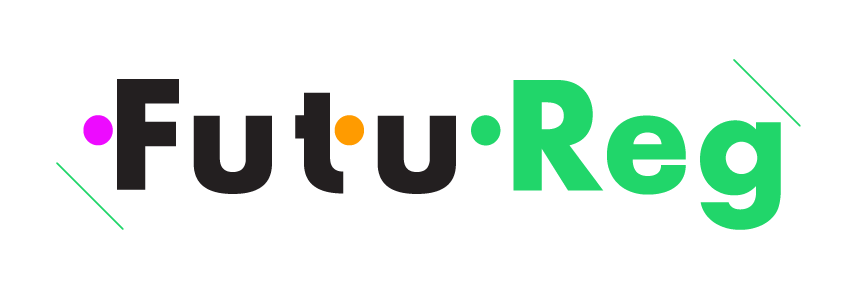Workshop on cyberbullying was an online workshop organised under FutuReg Civic Association with cooperation of a Hungarian partner organisation ALTERNATÍVA Egyesület. It took place online via Zoom platform and was funded by the European Union Erasmus+ Programme. The number of participants were 20.
During the Meeting, attendees were informed by Livia Bott Domonkos about the following topics: contemporary mediation in schools and online mediation, school mediation that has an important role in online bullying prevention to create a tolerant environment. Participants get to know that Mediation is usually voluntary, conflict participants are present, everyone is a participant in classes, the mediator is chosen jointly by the parties (who has negotiation skills), parties seek a solution together and the solution is the solution of the parties, not a third party decision, if there is an agreement it is considered as class peace, an agreement between the parties.
No need to involve authorities, participatory model – everyone participates and everyone tries to solve the problem. The benefitsof school mediation to tackle cyberbullying are the following: parties are cooperative partners, mutual trust, interests of parties can be met simultaneously, future-oriented, proper assessment of the situation, all parties feel like winners. However we feel the awareness of the lack in mediation professionals since there is a shortage of qualified teachers in this field, children’s mental health getting worse, compliance pressure, lack of problem-solving skills → generation gap between teachers/parents and children.
FutuReg has 4 years experience in mediation and has successfully reached 33 classes, 13 school mediators trained, 18 enquiries. We are aware that mediators are not able to be present everywhere and solve that huge amount of problems related to cyberbullying, therefore we believe that parental responsibility is important in regulating children’s online presence, explaining the dangers to children to prevent cyberbullying.
The ALTERNATÍVA Association and the FutuReg Civic Association organised the Introduction to the (not only) legal aspects of cyberbullying workshop, which was presented by Tamás Pongó, PhD. The lecture took place on the ZOOM platform, was attended by 20 participants, and was funded by the Erasmus+ programme of the European Union. Tamás Pongó provides free educational and media literacy training for adults and children.
The participants received general information about the “Filter Bubble” phenomenon, which is a personalised online information environment where algorithms collect data about our habits, so we can see content we like, and filter out content we don’t like in the digital world. The terms “attention economy” and “Big Data” were also explained.
We found out that children are the most susceptible to cyberbullying – according to the NMHH Digital Parenting survey, 82% of households with children have a mobile phone and 66% of children own a mobile phone, and these children are also present on social media. As children learn from their parents’ pattern, the amount of time spent in front of screens is correlated for children and parents, with almost similar levels of screen time.
The concept of offline bullying was also reviewed, which is a deliberate, repetitive, abusive, harmful or even injurious behaviour aimed at upsetting the balance of power and maintaining dominance. Why is cyberbullying different? It is verbal social bullying delivered through electronic technologies, its platforms are email, text, chat, video games or possibly sexting. In online bullying there is no safe recreational space for children as this bullying is usually linked to school acquaintances, one bullying can operate in parallel with another. In Hungary, there are several projects and programmes to control this, such as the TABBY in Internet project, MOCK, KiVa, Digitális Gyermekvédelmi Stratégia, Békés Iskolák Program, or ENABLE.
In legal terms, what could be done is to add the terms bullying and cyberbullying to the Equal Opportunities Act and to provide state funding for prevention programmes.
At the end of the presentation, the speaker shared his own experiences and talked about what we can do as students, adults and educators. Among his methods, he mentioned an inquisitive attitude of parents towards new platforms, asking children what they are doing on the internet, and he also recommended parental control platforms.



